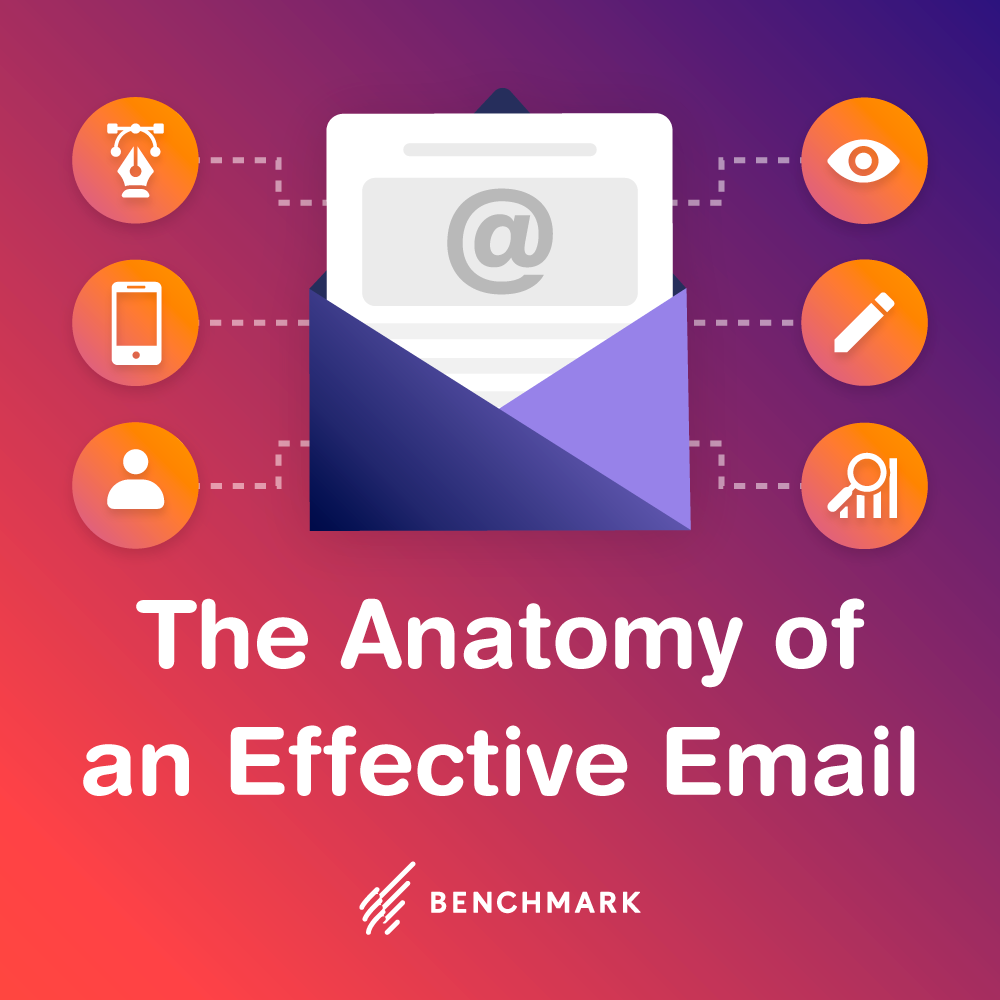When Hong Kong reverted to Chinese control in 1997 after more than a century of British administration, the territory’s residents became subject to a somewhat haphazard legislative system that tried to encompass the diametric opposites of British democracy and Chinese totalitarianism. This uncomfortable mélange of systems is evident in Hong Kong’s Unsolicited Electronic Messages Ordinance and Regulation legislation governing email transmissions to the area. Established in 2007, this legislation varies considerably from the Chinese mainland’s model and the differences must be honored by any email marketer with subscribers in the former British colony.
China Is Opt-In, Hong Kong Is Opt-Out
While China has adopted a European Union type of opt-in mechanism where clear, auditable and undisputed permission must be granted by the subscriber prior to receiving any email, Hong Kong has followed the CAN-SPAM route of the United States by choosing an opt-out policy where the subscriber need not provide permission prior to initial receipt but must be free to inform the email marketer that they no longer wish to receive any mailings from them and have that request immediately honored. Similar to the American regulations, all opt-outs must be processed within ten business days, any opt-out function on an outgoing email must remain active for a minimum of thirty days after the send, and the opt-out demand must be kept in the marketer’s records in the format in which it was received for a minimum of three years.
All Emails Must Be in Chinese & English
Hong Kong’s specification of language obligation must be meticulously followed by email marketers. All contact information and opt-out instructions in commercial emails must be in both English and Chinese. The only way to avoid this legislated bilingualism is to have evidence that the subscriber expressed a preference for one language over another and thus provided permission to send the emails in only one of the two languages.
Contact Information Must Be Valid for 30 Days
Unlike the USA’s CAN-SPAM, Hong Kong’s legislation demands that all contact information contain a valid, current telephone number. As in many other aspects of these regulations, there is a catch: All of the contact information on the email must be valid for a full thirty days after the send. That means that if your company is moving, or just changing phone numbers or email addresses, you are violating Hong Kong’s laws if you do not have adequate postal address forwarding or fail to keep the previous phone number and email address alive through redirection for a minimum of a month.
Running a Script to Register Send Addresses? 10 Years in Jail!
No legitimate email marketer would ever stoop to using harvesting software or automated dictionary attacks to send email – and that’s a very wise policy given that Hong Kong reserves the right to fine violators up to one million HK dollars (US $130,000) and imprison them for up to ten years. Some reputable email marketers may believe that running a script to register more than four email addresses to send commercial email from is a completely innocuous practice, but Hong Kong considers that just as bad as other “automated attacks” and applies the same severe penalties.
Hong Kong has established a Robinson “do not call” list to cover calls, faxes, SMS and MMS, but not emails, correctly claiming that it could be used by spammers as a source of valuable email addresses. Since many email marketers incorporate a variety of other communications platforms into their overall promotional strategies, extreme care must be exercised when dealing with Hong Kong subscribers. An email followed by an SMS to a number on the Robinson list may trigger serious legal sanctions. Care is the key word to apply when engaging your Hong Kong subscribers as the regulations are voluminous and the penalties are severe. Maintaining strict adherence to the email legislation in Hong Kong will ensure that you will be able to continue serving your customers in the territory in a mutually beneficial, sustainable and satisfying manner.




